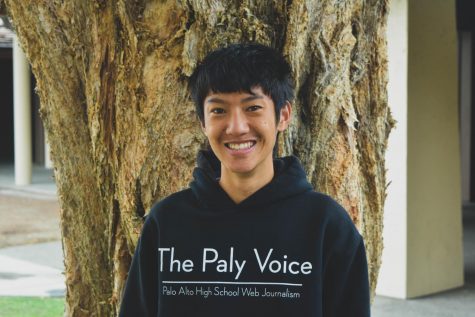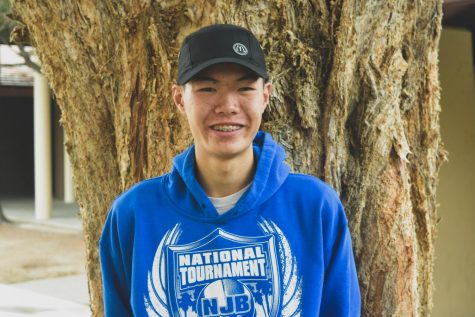‘Crazy Rich Asians’: A feast for the eyes, but lacking substance
August 23, 2018

Asians have historically had a rocky history on the silver screen. In the past, Hollywood has cast white actors for Asian roles, depicted Asians as conniving and sly tricksters, and barred Asians from acting entirely . However, there have also been occasional breakthroughs such as the modest success of “The Joy Luck Club,” (1993), a film depicting the complex relationships between Chinese mothers and daughters, and the emergence of easily recognizable Asian-American actors and actresses such as Michelle Yeoh and Aziz Ansari.
Now, in 2018, 25 years after “The Joy Luck Club” comes “Crazy Rich Asians,” a romantic dramedy directed by Jon M. Chu, starring Henry Golding and Constance Wu. Based on the novel by Kevin Kwan, the film has burst onto the the screen, topping the box office charts in its opening week and receiving praise for its visuals, its acting, and its fully Asian cast despite its slightly flat storyline.
In the film, Nick Young (Henry Golding), the heir of an old-money Chinese family, travels with his girlfriend Rachel Chu (Constance Wu) to Singapore to attend his best friend’s wedding. Along the way, they must deal with the wishes of Nick’s orthodox mother, Eleanor (Michelle Yeo) and Nick’s extended family.
The basic premise, climax and conclusion are all within the expected range of any generic romantic comedy movie: The couple wants to be together, but their families get in the way because they are from different backgrounds. The plot’s lack of complexity makes it accessible to all audiences, instead of focusing too deeply on Asian family politics that might seem unrelatable. Additionally, screenwriters Peter Chiarelli, Kevin Kwan and Adele Lim offer an innovative twist on the traditional formula by placing Rachel in the position of power: Instead of Nick chasing her, she is the one forced to make a choice of whether to marry Nick against his family’s wishes or walk away from her true love.
The movie’s main selling point is its depiction of a side of Asian culture that is not often touched upon in movies. You won’t find any kitschy, exaggerated accents or clichéd “everybody was kung-fu fightin’” moments in this film; every character in this all-Asian cast not only speaks unaccented English, but each character also has an enormous amount of wealth. Almost every shot in the film has some evidence of extravagance to the highest degree crammed in — whether it is expensive cars, private islands (At one point, one of the characters rents out an entire cargo ship to host his bachelor party), exotic food or the latest fashion trends. These elements certainly make for a movie that is no slouch stylistically, while at times the gratuitous shots and the film’s vibrant color palette can seem a little overdone, making the movie seem almost like a travel advertisement for Singapore.
In accordance to the movie’s bright, flashy tone, the soundtrack relies heavily on jazz tunes and upbeat music, featuring covers of Madonna’s “Material Girl,” sung by Sally Yeh in Cantonese, and Coldplay’s “Yellow,” sung by Katherine Ho in Mandarin. Choosing to use covers of the original songs instead of the songs themselves reinforces the film’s all-Asian theme in a clever and unobtrusive way.
Despite adulation from critics and audiences for its diverse cast, this movie is by no means perfect. There are many scenes that feel unnecessary and unrelated to the plot. Also a few characters seem underdeveloped, hindering the audience’s emotional connections to them.
The somewhat generic story greatly benefits from the brilliant acting. Henry Golding plays the part of a loving boyfriend torn between a rock and a hard place admirably for someone who had no prior acting experience besides being a television host, and Constance Wu portrays both deep dejection and bubbly happiness with equal skill.
Is “Crazy Rich Asians” the harbinger of a new age of Asians in Hollywood? Perhaps. With its solid visuals, innovative story and nuanced performances, it is certainly on the right track.



